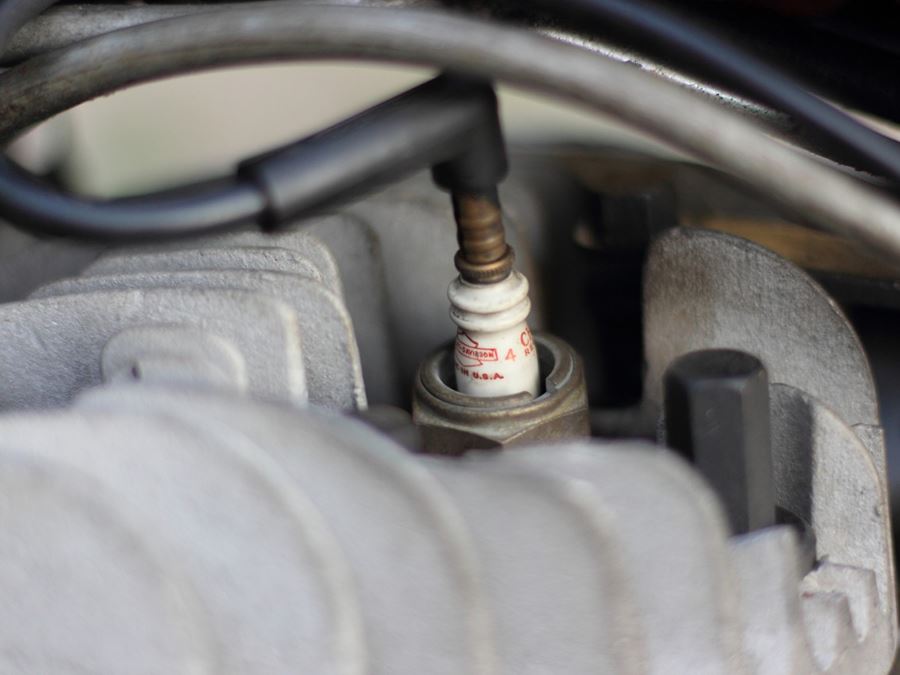When it comes to maintaining the health and longevity of your vehicle, regular car servicing is paramount. We all know this - but have you ever wondered what actually happens during a car service?
In short, a car service involves a comprehensive check-up and maintenance routine to ensure that your vehicle operates at its best. Regular servicing not only prevents potential breakdowns but also contributes to the longevity and performance of your vehicle, ensuring a safe, smooth, and efficient driving experience.
In this blog post, we will delve into the key aspects of what is done in a car service and why it is crucial for the overall well-being of your car. So, the next time your vehicle is due for a service, you will know exactly what the mechanic is looking for and can be prepared for the type of issues they may come across. .
Visual Inspection
The first step in a car service is a thorough visual inspection. Your mechanic will examine the exterior of the vehicle, checking for any visible damage, dents, or scratches.
Additionally, they will inspect the lights, mirrors, and windshield wipers to ensure they are functioning correctly. This initial assessment helps identify any cosmetic or minor issues that may need attention.

Engine and Mechanical Checks
The heart of any car service lies in the inspection of the engine and mechanical components. Technicians examine everything including the engine oil levels, air filter, and fuel filter. They also inspect the condition of the belts, hoses, and spark plugs.
Any signs of wear or damage are addressed promptly to prevent potential breakdowns and ensure optimal engine performance.
Fluid Checks and Top-Ups
Fluids play a vital role in the smooth operation of a vehicle. During a car service, the mechanic will check the levels and condition of various fluids such as engine oil, transmission fluid, brake fluid, and coolant.
If any fluids are found to be low or contaminated, they are topped up or replaced as necessary. Maintaining proper fluid levels is crucial for the proper functioning of different vehicle systems and components.
Brake and Suspension Inspection
Brakes and suspension are critical for the safety and stability of any vehicle. A thorough examination of the brake system is conducted to check the condition of brake pads and discs, and ensure they are functioning as they should be.
In addition to this, the suspension system is inspected for any signs of wear or damage to shocks, struts, and springs. Addressing issues in these areas not only ensures safety on the road but also contributes to a smoother and more comfortable driving experience.
Diagnostic Checks and Electronic Systems
New cars are equipped with a range of electronic systems and onboard computers. During a car service, technicians use diagnostic tools to check for any error codes and issues within the electronic systems.
Depending on the vehicle, this may include the engine management system, ABS (Anti-lock Braking System), airbag system, and more. Identifying and rectifying electronic issues is crucial to maintaining the overall efficiency and reliability of the vehicle.
After a car service, your mechanic will let you know what has been fixed and any recommendations for additional work that could be done. While it can be a pain to take your car for regular maintenance, doing so protects both the health of your vehicle and all passengers on board.
